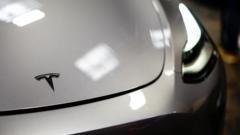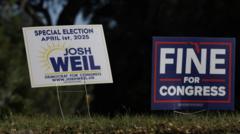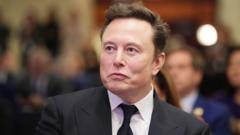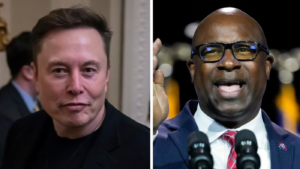In a provocative tweet, Elon Musk categorizes Wikipedia as "Wokepedia" and urges his followers to stop donating until criticisms about its perceived editorial imbalance are addressed. This has reignited debates about bias and neutrality in the encyclopedia, drawing contrasting opinions from critics and supporters alike.
Musk Challenges Wikipedia's Editorial Integrity
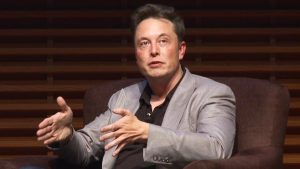
Musk Challenges Wikipedia's Editorial Integrity
Elon Musk calls for a halt on donations to the Wikimedia Foundation, alleging ideological bias.
Elon Musk has taken a controversial stance once again, this time targeting Wikipedia, the popular online encyclopedia. The billionaire recently urged his followers on X to cease donations to the Wikimedia Foundation until they "restore balance to their editing authority." Musk's remarks have branded Wikipedia as "Wokepedia," further fueling conversations about the site’s alleged ideological bias.
Musk's comments were triggered by a graph shared on X, which was said to be from Wikipedia’s annual report, revealing that nearly 29% of its budget was spent on “equity” and “safety & inclusion” initiatives. Critics, including Musk, assert that such budget allocations indicate an agenda that could negatively impact Wikipedia's editorial neutrality.
“Stop donating to Wokepedia until they restore balance to their editing authority,” Musk tweeted on December 24, 2024.
The ongoing debate is informed by research findings. A study led by David Rozado, an associate professor at Otago Polytechnic in New Zealand, suggests disproportionate portrayals of political figures on Wikipedia. Rozado's research revealed that right-leaning individuals are more likely to be depicted in a negative light than left-leaning figures, according to a report by Newsweek.
However, this contentious topic is not without its defenders. Jimmy Wales, a co-founder of Wikipedia, has vehemently denied claims of left-wing bias, maintaining the platform’s commitment to impartiality. He and other advocates argue that assertions of bias are anecdotal and overlook the intricacies of collaborative editing.
Musk's critiques have elicited mixed responses across social media. Supporters commend his push for accountability, while detractors question his motives, positing that his call for “neutrality” may reflect his personal beliefs. Regardless of public sentiment, Musk's statements have reignited critical scrutiny of the challenges related to neutrality and transparency in significant online resources like Wikipedia.
As the discourse unfolds, it sheds light on the broader question of bias in digital platforms and emphasizes the necessity of balanced information in today’s increasingly fragmented media environment. Given Wikipedia's status as a crucial knowledge repository, the implications of such discussions are profoundly significant—drawing attention from both critics and advocates.



